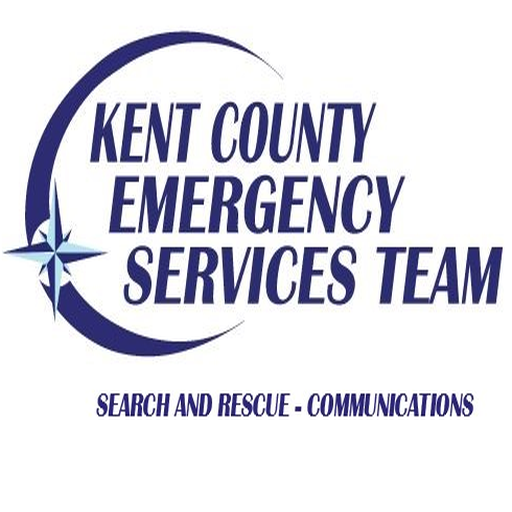Frequently Asked Questions
Who owns the dogs on your team?
The dogs are owned by the volunteer handlers. They cover all expenses, including food, vet bills, and equipment.
Who trains the dogs? Do you purchase them already trained?
The dogs are trained by the members of our K9 unit. Members often participate in SAR K9 conferences and seminars. Purchasing a pre-trained dog is not recommended, as the handler and dog need to train together to form a solid team.
How long does it take to train a dog?
Both handlers and dogs undergo extensive training. It typically takes around two years to become a mission-ready handler/K9 team.
What are the steps to becoming a handler?
KCSAR K9 Unit dog handlers start as members of the larger SAR team, mastering basic search skills and knowledge. K9 training follows these foundational steps. Here’s the process:
- Initial Contact: Attend a monthly meeting to meet the team and ask questions.
- Observation: Observe multiple K9 trainings to understand the commitment involved.
- Application Process: Includes an interview and a criminal background check.
- Probationary Status: New members are assigned to a ground crew and work on basic KCSAR training requirements, such as:
- Federal Emergency Management classes
- Ground search techniques
- Land navigation
- Radio communications
- First aid
- Crime scene awareness
- K9 Training: Probationary members can attend K9 training. After probation, those requesting assignment to the K9 Unit are evaluated for acceptance into the program.
What sort of things does the handler have to learn?
Handlers and their assistants (flankers) need to learn K9-specific topics, including:
- K9 first aid
- Scent theory
- Dog behavior regarding scent
- Scent article collection
Gaining experience on real searches and mastering skills for the desired canine search discipline is also crucial.
What sort of testing do you do?
Before a dog can enter our program, it must pass an entry-level evaluation. There are three additional trailing levels and a final mission-ready test. We also encourage handlers to obtain external certifications.
I’m really interested in becoming a handler. I already have a dog (or am getting one soon). What do I need to do?
We recommend two steps:
- Contact Us: Email our Human Resources team for more information.
- Observation: Attend a few weekly K9 Unit trainings and interact with the team.
Becoming a handler requires significant time and money. We want potential handlers to understand the commitment level before proceeding. We do NOT recommend getting a dog before completing these initial steps.
I already have a dog that does well at finding hidden food and “Bobby” when he hides. Can I have him join your team?
This is a common question. Please review the information above about becoming a SAR K9 handler. Both the dog and handler will undergo extensive training.
What types of dogs do you have on your team?
We have a variety of dogs, including bloodhounds. While we avoid breed biases, dogs admitted to training must be suitable for search work. Specific parameters and breed tendencies for success will be discussed when you join a training.
